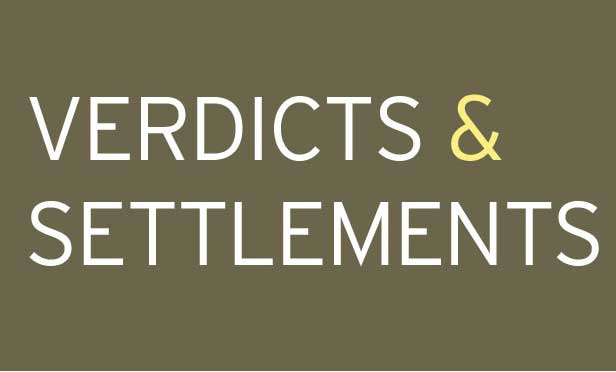Last month at the Pennsylvania Bar Institute’s Environmental Law Forum, over 100 environmental lawyers discussed the implications of the duty of competence imposed by Rule of Professional Conduct 1.1 on their practices in light of climate change. John Dernbach first posed the issue to the forum in a keynote address a year earlier. Dernbach later published those thoughts. See Irma Russell, John C. Dernbach, and Matt Bogoshian, “The Lawyer’s Duty of Competence in a Climate-Imperiled World,” 92 U. Mo. Kansas City L. Rev. 1 (2023), available at https://ssrn.com/abstract=4742669. Oddly, applying those thoughts to environmental practice is not obvious; this article tries to memorialize some of the group’s conversation about doing so.
Rule 1.1 provides: “A lawyer shall provide competent representation to a client. Competent representation requires the legal knowledge, skill, thoroughness and preparation reasonably necessary for the representation.” See 204 Pa. Code Section 81.4, R. 1.1. Russell, Dernbach and Bogoshian observe that just as a lawyer must have a basic understanding of many things that may affect a client’s business or activities, the lawyer also has to have a basic understanding of how a changing climate will have changing effects on clients. Not only does the lawyer have to understand that there is a risk of storm damage, but the lawyer also has to understand that the risk of storm damage may change. In order for legal advice to be competent, it must at least in some contexts incorporate an understanding of climate change. Next year will not be like last year.


 David G. Mandelbaum of Greenberg Traurig. Courtesy photo
David G. Mandelbaum of Greenberg Traurig. Courtesy photo




